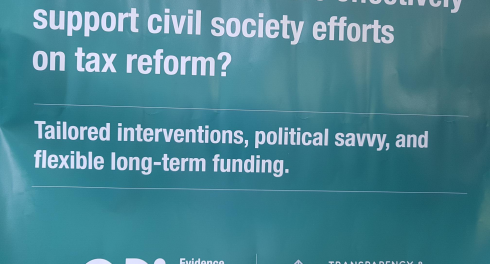The coronavirus pandemic is already having profound fiscal impacts. Many low-income countries already faced mounting debt burdens even before the crisis, not least in Sub-Saharan Africa. Now, the feasibility of keeping up with debt service payments is much reduced with the need to mobilize fiscal space for health responses. The current emergency is bringing home the importance of the intersections of debt, budgets, and taxes.
To better understand the implications of debt for fiscal accountability, TAI and our member, Open Society Foundations, commissioned an analysis of debt trends across the continent (forthcoming) coupled with research into how civil society groups working on fiscal issues are so far responding.
This African CSO’s Capacity Support Scoping for Public Debt Work report summarizes the views of 32 TAI member grantees’ views, documenting how debt factors into their current programming and how it might factor into future strategies. Written by the Africa Centre for People, Institutions, and Society (ACEPIS), the report concludes with recommendations for civil society and funders, including flagging the potential of more integrated advocacy and research among debt, tax and budget groups.
Today, more than ever, there is a shared interest in preventing debt pressures undermining development.
OSF-TAI Debt Capacity Support Scoping Study Report

